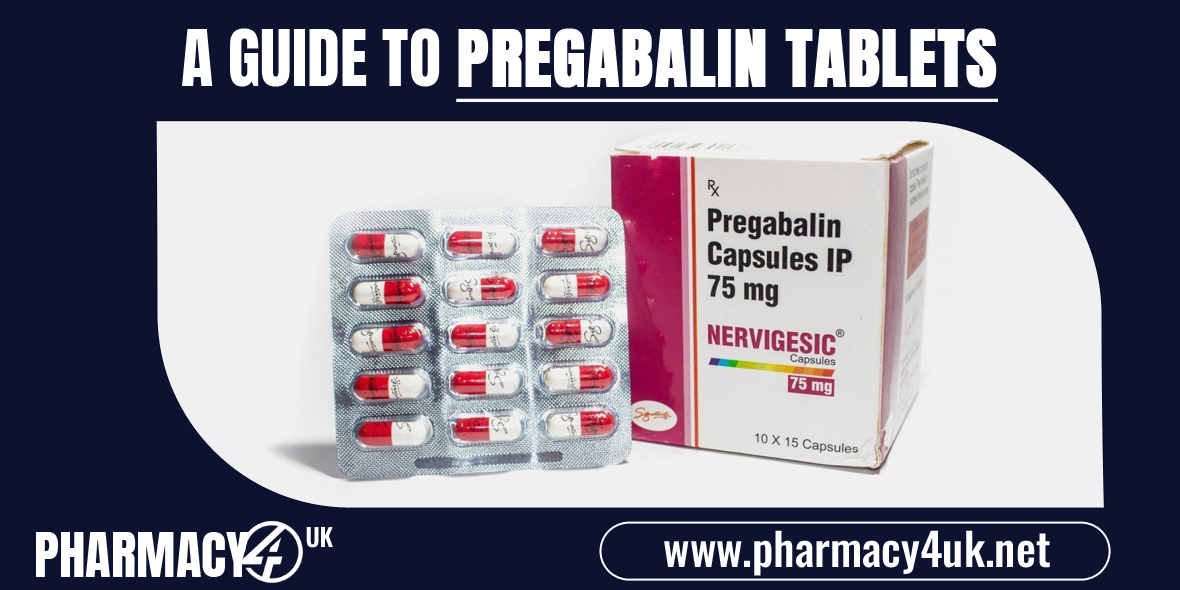In today’s healthcare environment, safeguarding patient privacy is of paramount importance. The Health Insurance Portability and Accountability Act (HIPAA) sets stringent standards for protecting sensitive patient information. Every aspect of patient interaction, including answering services, must comply with HIPAA regulations for medical practices. Selecting a HIPAA-compliant medical answering service is crucial for maintaining patient trust and avoiding costly violations. This guide will help you understand what to look for when choosing a service that meets these high standards.
Understanding HIPAA Compliance in Medical Answering Services
HIPAA compliance is not just a legal requirement; it’s a critical component of patient care. Any medical answering service that handles patient information must ensure that all communications are secure and that the service operates in full compliance with HIPAA regulations. This includes safeguarding Protected Health Information (PHI) from unauthorized access, breaches, or leaks. Get HIPAA compliant medical answering service for these benefits.
HIPAA-compliant answering services should have strict protocols for handling and storing patient information. This means using secure messaging systems, encrypting data, and training staff to understand and adhere to HIPAA requirements. Choosing a service provider that understands these obligations and has the infrastructure to support compliance is essential.
Key Features of a HIPAA-Compliant Medical Answering Service
Before you get HIPAA compliant medical answering service, there are several key features to consider:
- Secure Communication Channels: The service should offer encrypted communication methods, whether through phone calls, emails, or text messages. Encryption ensures that patient information is secure both in transit and at rest, making it inaccessible to unauthorized individuals.
- Employee Training and Certification: The service provider’s staff should be trained in HIPAA regulations and certified in handling PHI. Regular training updates are also crucial, as HIPAA guidelines can evolve.
- Confidentiality Agreements: The service provider should have all employees sign confidentiality agreements. This legally binds them to protect patient information, adding an extra layer of security.
- Audit Trails: The service should maintain detailed audit trails of all communications. This documentation is vital for compliance audits and helps ensure that all interactions are handled appropriately.
- Business Associate Agreement (BAA): A BAA is a contract that ensures that the service provider will appropriately safeguard PHI. Any HIPAA-compliant medical answering service should be willing to sign a BAA, as it’s a legal requirement for all third-party vendors handling PHI.
Steps to Evaluate a HIPAA-Compliant Medical Answering Service
Choosing the right HIPAA-compliant answering service requires thorough evaluation. Here’s a step-by-step guide to help you make an informed decision:
- Assess Your Practice’s Needs: Begin by understanding your practice’s specific needs. Consider the volume of calls, the complexity of information shared, and the hours you require service. A clear understanding of your needs will help you evaluate potential providers more effectively.
- Research Potential Providers: Look for providers with a strong track record of HIPAA compliance. Check online reviews, ask for referrals from other medical practices, and research the provider’s reputation in the industry.
- Request a Compliance Overview: Ask potential providers to explain how they ensure HIPAA compliance. This should include their encryption practices, employee training programs, and how they handle PHI. A reputable provider will be transparent about their compliance protocols.
- Verify Certifications and Training: Confirm that the provider’s staff are trained and certified in HIPAA compliance. Ask about the frequency of training updates and how the provider ensures ongoing compliance.
- Review the Business Associate Agreement: Before finalizing any agreement, thoroughly review the BAA. Ensure that it clearly outlines the provider’s responsibilities regarding PHI protection. If the provider is hesitant to sign a BAA, consider it a red flag.
- Test the Service: If possible, conduct a trial run of the service. This allows you to assess the quality of their communication, the professionalism of their staff, and their adherence to HIPAA protocols in real time.
- Evaluate Technology and Infrastructure: Ensure that the provider’s technology is up-to-date and capable of supporting secure communications. This includes their phone systems, data storage solutions, and any software used for messaging or record-keeping.
The Importance of Ongoing Compliance Monitoring
HIPAA compliance is not a one-time effort but an ongoing responsibility. Once you’ve chosen a HIPAA-compliant medical answering service, it’s essential to continually monitor their performance. This includes regularly reviewing audit trails, updating confidentiality agreements, and ensuring that staff training remains current.
Periodic compliance audits can also be beneficial. These audits help identify any potential vulnerabilities and ensure that your answering service remains fully compliant with HIPAA regulations. Remember, even a single breach can have significant legal and financial repercussions, so vigilance is key.
See Also Read: Get HIPAA compliant medical answering service.
Conclusion
Choosing a HIPAA-compliant medical answering service is a crucial decision that impacts both your practice’s legal standing and the trust of your patients. By understanding the key features of a compliant service, thoroughly evaluating potential providers, and committing to ongoing compliance monitoring, you can ensure that your practice remains secure and trustworthy.
In a healthcare environment where patient privacy is more important than ever, investing in a HIPAA-compliant answering service is not just a wise business decision—it’s a fundamental aspect of quality patient care. Make sure you choose a service that meets the highest standards of compliance, security, and professionalism.

